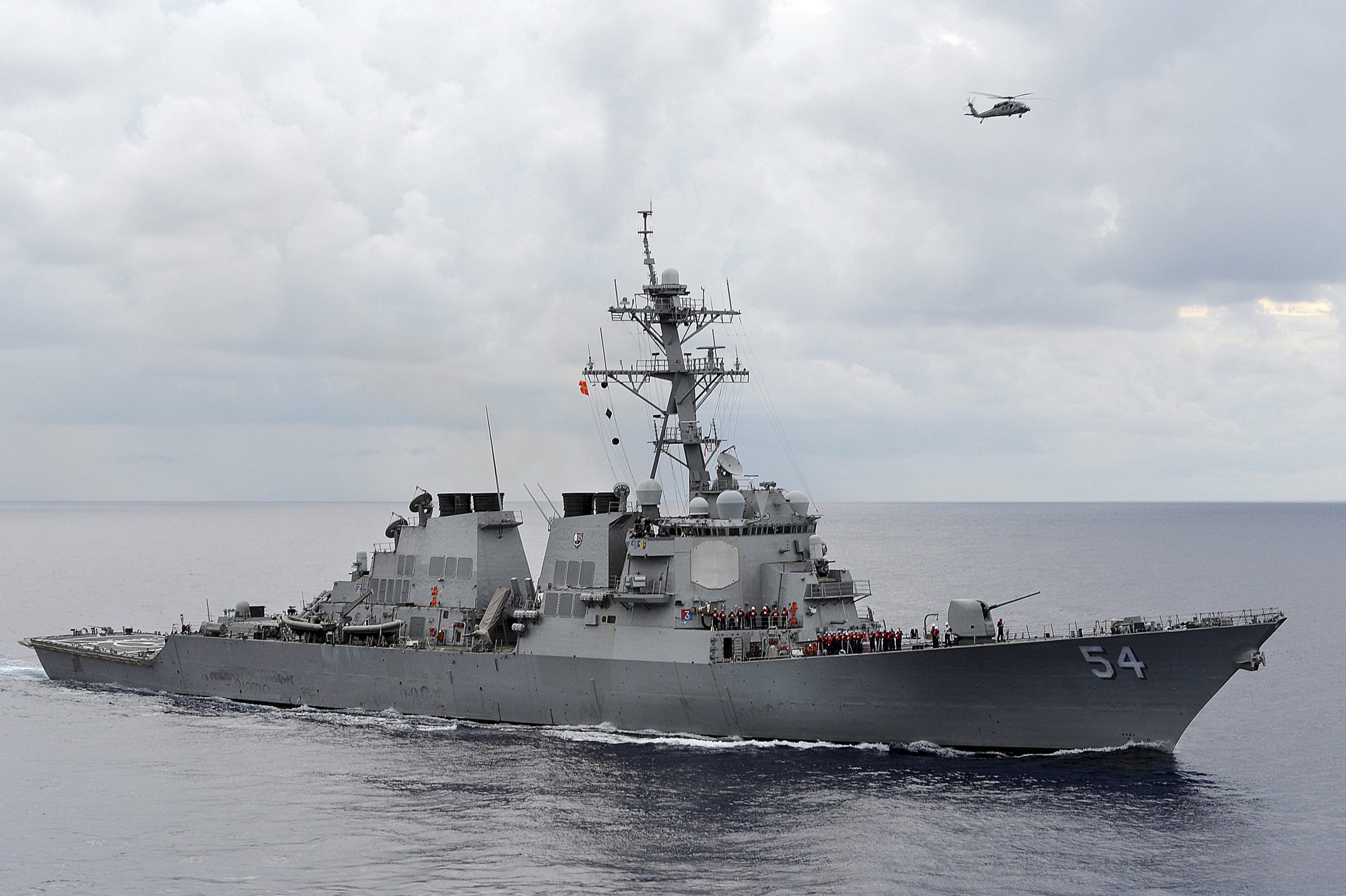
WASHINGTON (Reuters) - China is "changing the operational landscape" in the South China Sea by deploying missiles and radar as part of an effort to militarily dominate East Asia, a senior U.S. military official said on Tuesday.
China is "clearly militarizing the South China (Sea)," said Admiral Harry Harris, head of the U.S. Pacific Command, adding: "You'd have to believe in a flat Earth to think otherwise."
Harris said he believed China's deployment of surface-to-air missiles on Woody Island in the South China Sea's Paracel chain, new radars on Cuarteron Reef in the Spratlys and its building of airstrips were "actions that are changing in my opinion the operational landscape in the South China Sea."
Soon after he spoke, U.S. government sources confirmed that China recently deployed fighter jets to Woody Island. It was not the first time Beijing sent jets there but it raised new questions about its intentions.
"The question is whether they might stay this time," said Gregory Poling, director of the Asia Maritime Transparency Initiative at the Center for Strategic and International Studies.
But U.S. and Chinese foreign ministers signaled that despite disagreements over the South China Sea, they were near agreement on a U.N. resolution against North Korea for its recent nuclear and missile tests and stressed their cooperation on economic and other issues.
'HEGEMONY IN EAST ASIA'
Speaking before the meeting in Washington between Chinese Foreign Minister Wang Yi and U.S. Secretary of State John Kerry, Harris said China was escalating the situation in the South China Sea with new deployments. Asked about its aims, he said: "I believe China seeks hegemony in East Asia."
Responding to another question, Harris said Chinese DF-21 and DF-26 anti-ship missiles could pose a threat to U.S. aircraft carriers, but added the vessels were resilient and that the United States had "the capability to do what has to be done if it comes to that."
Harris also said he supported regular U.S. air and naval patrols to assert freedom of navigation in the South China Sea, a vital waterway through which more than $5 trillion in global trade passes every year.
At a news conference with Kerry, Wang said there had been no problems with freedom of navigation and China and countries of the Association of Southeast Asian Nations - several of which have competing claims with China - "have the capability to maintain stability in the South China Sea."
He said militarization was not the responsibility of one party alone and added in apparent reference to U.S. patrols: "We don't hope to see any more close-up military reconnaissance, or the dispatch of missile destroyers or strategic bombers to the South China Sea."
'ESCALATORY CYCLE'
Kerry said steps by China, Vietnam and others had created an "escalatory cycle."
"What we are trying to do it break that cycle," he said.
"Regrettably there are missiles and fighter aircraft and guns and other things that have been placed into the South China Sea and this if of great concern to everyone who transits and relies on the South China Sea for peaceful trade," he added.
A U.S. think tank reported on Monday that China may be installing a high-frequency radar system on the Cuarteron Reef in the Spratly Islands that could significantly boost its ability to control the strategic sea.
Last Thursday, the United States accused China of raising tensions by its apparent deployment of surface-to-air missiles on Woody Island. China's has also built military-length airstrips on artificial islands in the South China Sea.
China's Foreign Ministry said ahead of Wang's visit that Beijing's military deployments in the South China Sea were no different from U.S. deployments on Hawaii.
China's Ministry of Defense said on its microblog on Tuesday that China had established "necessary defensive facilities" that were "legal and appropriate."
Uncommon Knowledge
Newsweek is committed to challenging conventional wisdom and finding connections in the search for common ground.
Newsweek is committed to challenging conventional wisdom and finding connections in the search for common ground.
About the writer
To read how Newsweek uses AI as a newsroom tool, Click here.








